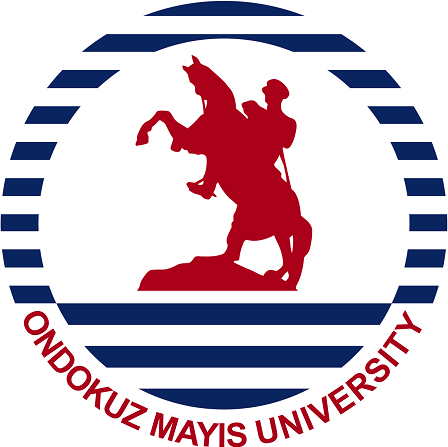MISSION
Developed and adopted communication skills within a social and civil framework, in the light of universal and cultural moral values; observing ethical, deontological and legal frameworks; Hardworking, devoted and competent in professional and scientific fields, who have adopted personal development, information literacy and lifelong learning; To train health professionals who can adapt to technological innovation and provide quality service in different fields of physiotherapy and rehabilitation, and to conduct postgraduate education and studies.
VISION
· Will work devotedly at high health standards in practice, research and at every stage of professional life; To train physiotherapists with professional commitment, research, lifelong learning and leadership qualities.
· To be a leading scientific and educational institution on a global scale with the high quality scientific publications it produces and the new academics it educates to serve the science.
· To produce new ideas, projects and publications that will shape the health policies of our country.
· To become a globally respected and innovative department for scientific studies in the field of Physiotherapy and Rehabilitation, with its high-tech laboratories and expert academic staff.
